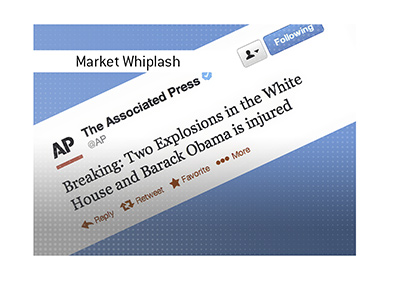A Look at Five of the Closest US Presidential Elections - By Popular and Electoral Vote
 There have been some lopsided US Presidential elections over the years, as well as a number of very close contests.
There have been some lopsided US Presidential elections over the years, as well as a number of very close contests. This speaks to the polarized nature of the United States, as it is nearly impossible in this day and age for a Presidential candidate to sweep to victory.
We may never see, for instance, another result like the 1984 election, when Ronald Reagan received nearly 60% of the popular vote and finished with 525 electoral votes.
-
With that being said, here are five of the closest Presidential elections, both by popular vote and electoral votes:
Popular Vote
1. 1880. The 1880 Presidential election produced the smallest margin of victory in the history of the election, as James A. Garfield won the popular vote by just 0.09%. Garfield received 48.3% of the popular vote, while Winfield S. Hancock received 48.2%.
2. 1960. JFK narrowly received more popular votes than Richard Nixon in 1960, as Kennedy received 49.72% of the popular vote, while Nixon received 49.55%.
3. 2000. In one of the most controversial elections of all time, Gore won the popular vote by roughly 0.5%, though George W. Bush was ultimately declared the winner.
4. 1884. Grover Cleveland received 0.57% more popular votes than James G. Blaine.
5. 1844. Another close contest, as James K. Polk received 49.54% of the popular vote, while Henry Clay received 48.09%.
-
Electoral Vote
1. 1800. Thomas Jefferson and Aaron Burr tied with 73 electoral votes a piece, with the House of Representatives eventually deciding the outcome of the election.
2. 1876. Rutherford B. Hayes received 185 electoral college votes, while Samuel J. Tilden finished with 184.
3. 2000. George W. Bush would finish with a total of 271 electoral votes, while Al Gore would finish close behind with 266 votes.
4. 1796. Another close contest involving Thomas Jefferson, as John Adams would receive 71 electoral votes, while Jefferson would receive 68.
5. 1824. An absolute mess of an election, as Andrew Jackson received 99 electoral votes, but didn't have a majority in a race that featured four candidates. Again, the House of Representatives decided the election, with John Quincy Adams being given the victory.
Filed under: General Knowledge



